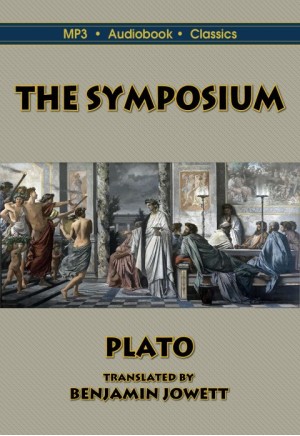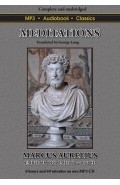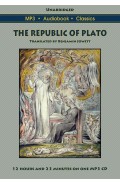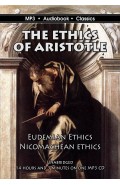| Track | Title | Length |
| 1 | 1 - Symposium - section 1 | 0:34 |
| 2 | 2 - Symposium - section 2 | 0:40 |
| 3 | 3 - Symposium - section 3 | 0:59 |
Production
Read by Geoffrey Edwards
Book Coordinator: Geoffrey Edwards
Meta Coordinator: TriciaG
Proof Listener: mim (at) can
Artwork
Cover: Scene from Plato's Symposium depicting the tragedian
Agathon as he welcomes the drunken Alcibiades into his house. 1869, by Anselm
Feuerbach (1829-1880)
Inset: Symposion beginning. Editio princeps, Venice 1513.
Inset: Detail from “The School of Athens” by Raphael (1483 - 1520).
The Symposium is one of Plato’s best-known works, written in 385 BCE or later, and appreciated for both its philosophical depth and its literary value. It is a fictional work that depicts a friendly gathering of notable men at the home of tragic poet Agathon in Athens at a symposium, a kind of after-party with drinking and dancing that took place after a banquet. The guests include the philosopher Socrates, the comic playwright Aristophanes, and the general Alcibiades. Eryximachus, a physician, challenges each of them to deliver an extemporaneous speech on the topic of Eros, the God of love and desire. The narrative is structured as a story within a story within a story, told to a friend by Apollodorus, who was not at the banquet himself, but was told the story by Aristodimas, who was there for the event in 416 BCE. Here Eros is recognized both as erotic love and as a spiritual quality capable of calling forth courage, valor, and great deeds. Unsurprisingly, Socrates declines to praise corporal love and instead relates a tale from a woman called Diotima that tells of the conception of Eros as a child of Porus, god of resourcefulness, and Penia, goddess of poverty, and is thus pitched halfway between wisdom and ignorance as a perennial seeker and lover of knowledge. Like many of Plato’s works, The Symposium is a dialogue but here the form is a series of speeches that reflect different points of view, as opposed to the give-and-take of question and answer. Here the dialectic is found in the differences and contradictions among the speeches.
Play sample:
Download a PDF datasheet
| Item Info | |
| EAN - DVD case | 0687700170341 |
| EAN - CD jacket | 0687700170358 |
| Media | MP3 CD |
| Package | DVD box |
| Author | Plato (c. 428 BC - c. 347 BC) |
| Translator | Benjamin Jowett ( 1817 - 1893) |
| Year | 385 BCE |
| Recording | |
| Read by | Geoffrey Edwards |
| Length | 2 hours 14 minutes |
| Type of Reading | Solo |
The Symposium
- Author: Plato
- Product Code: DB-1322
- Availability: In Stock
-
$9.99
Available Options
Related Products
The Meditations of Marcus Aurelius
One hears the term Roman Emperor, and at once the very bad ones come to mind: Caligula, Nero, Domiti..
$9.99
The Republic of Plato
The Republic of Plato is the greatest and best known of Plato’s works and possibly the most influent..
$11.99
The Ethics of Aristotle
Aristotle coined the term “ethics” to define a field of study first undertaken by Socrates and Plato..
$11.99
Tags: Plato, The Symposium










